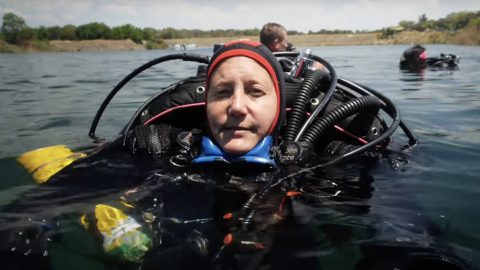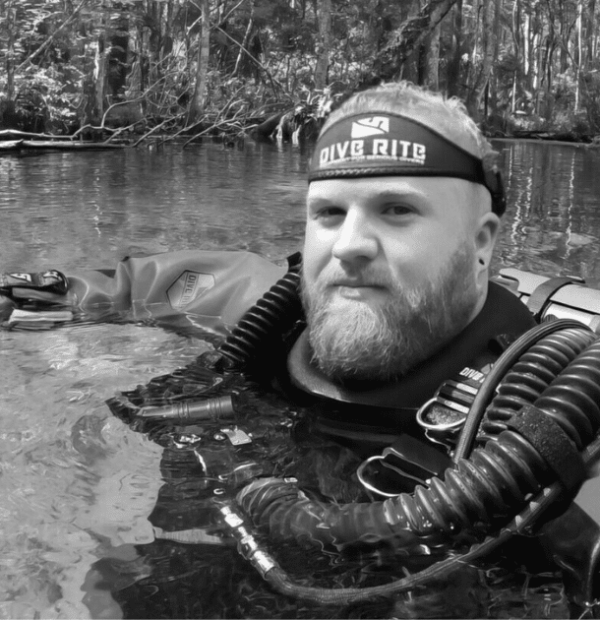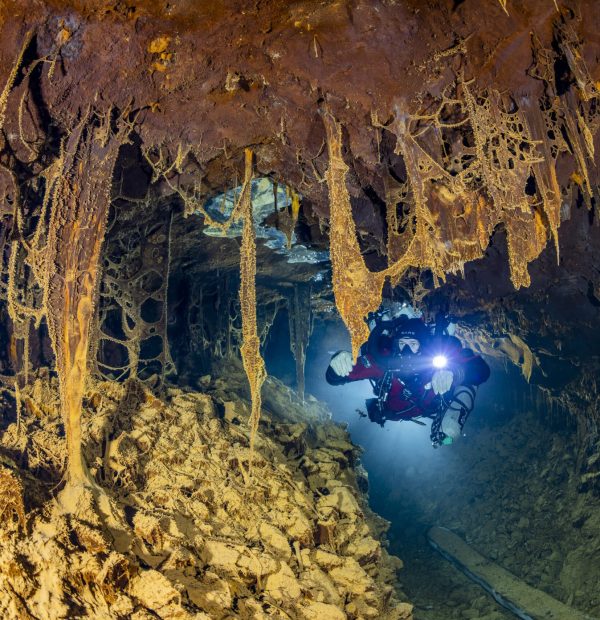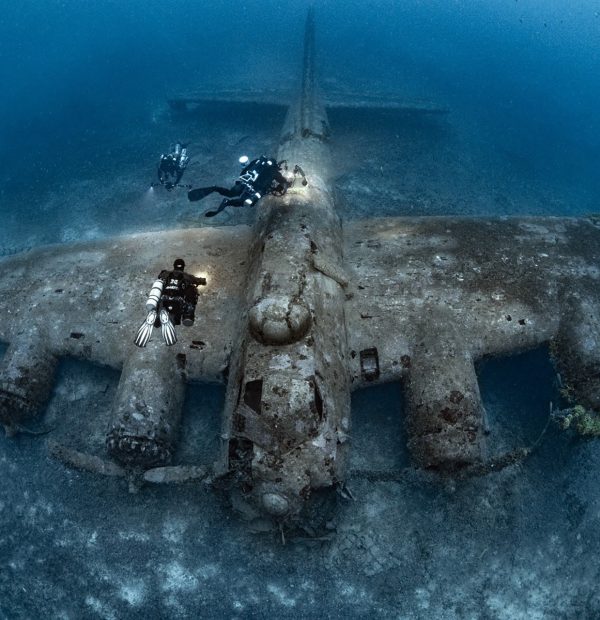Thursday, 16 May 2024
Menu

Scientists have found that on Australia’s Great Barrier Reef, the largest coral reef system in the world, all types of coral have degraded and their populations have declined significantly.

The biggest declines in coral populations occurred after the mass fading events in 2016 and 2017. Unfortunately, the aforementioned phenomenon also occurred this year, which will certainly leave a clear mark on the condition of the entire reef.
The research in question was published in the journal Proceedings of the Royal Society B. The authors are Australian marine and ocean scientists at the ARC Centre of Excellence for Coral Reef Studies in Queensland.

Scientists assessed the status and size of coral colonies across the reef between 1995 and 2017. They found that coral populations had declined by more than 50% and this was true for all coral sizes and species, but particularly for branching and table corals.
These are large structural species that usually provide habitats for fish and other marine organisms.

Professor Terry Hughes, co-author of the study, said these types of coral had been most affected by the massive fading, which had damaged nearly two-thirds of the Great Barrier Reef.
Coral fading or bleaching occurs when corals under stress displace the algae – known as zooxanthellae – that give them their colour. Although corals can recover if normal conditions return, this can take decades.
Main photo: Andreas Dietzel










Welcome to DIVERS24.COM, your daily source of scuba news, freediving, scuba diving information, and equipment reviews. Our comprehensive coverage of the dive industry from A to Z provides you with all the latest scuba news, training updates, underwater photography tips, and everything else related to scuba diving. Whether you’re a beginner or an experienced diver looking for more knowledge about scuba gear or techniques – we’ve got it covered! With our in-depth articles written by experienced divers who have been there and done that, you are sure to find exactly what you need here at Divers24.com. Dive into scuba news today!
Underwater Media Sp. z o.o.
Szafarnia 11/F8,
80-755 Gdansk, Poland
Welcome to DIVERS24.COM, your daily source of scuba news, freediving, and scuba diving information. Sign in for a weekly news update and discount coupons for dive gear and apparel.
@2023 - underwatermedia.pl. All Right Reserved. Designed and Developed by Tworzenie stron internetowych Gdansk

The Divers24 portal is currently the largest online medium treating diving in Poland. Since 2010 we have been providing interesting and important information from Poland and around the world on all forms of diving and related activities.
Contact us: info@divers24.com